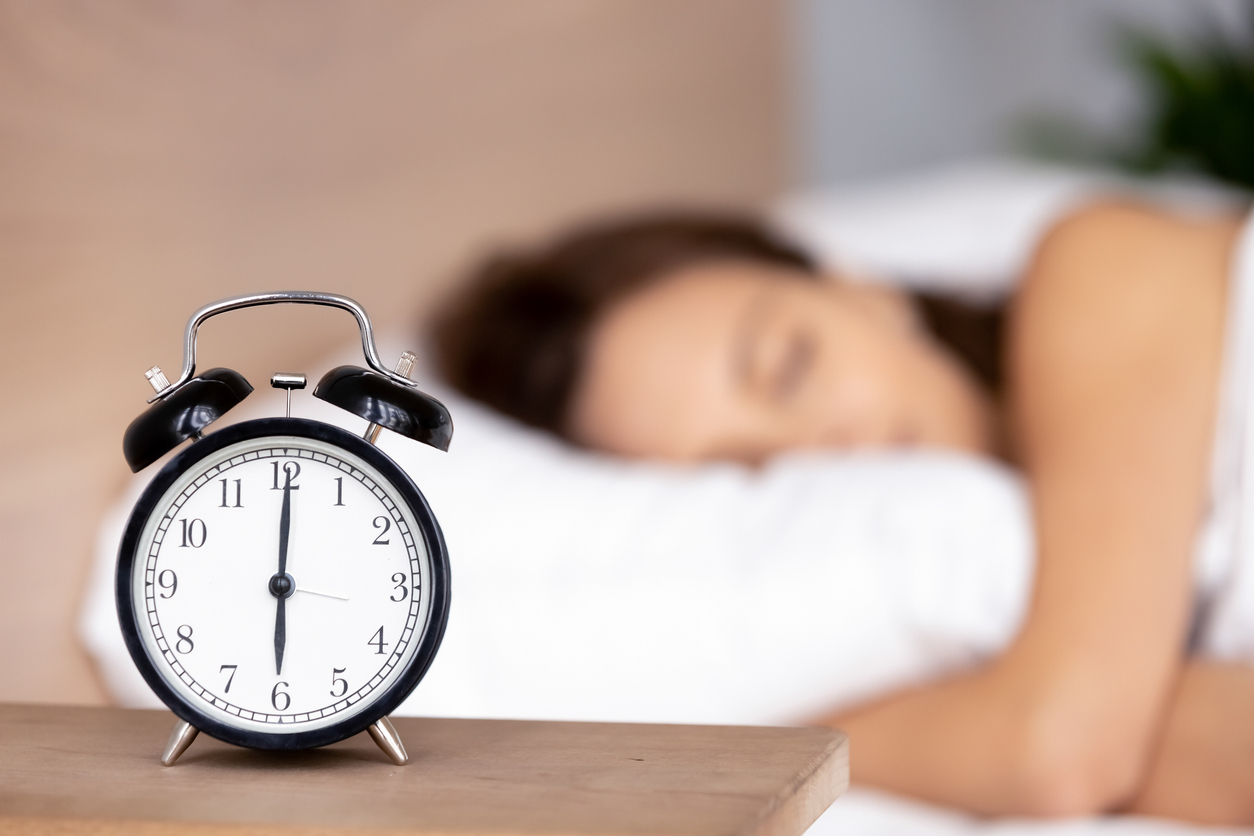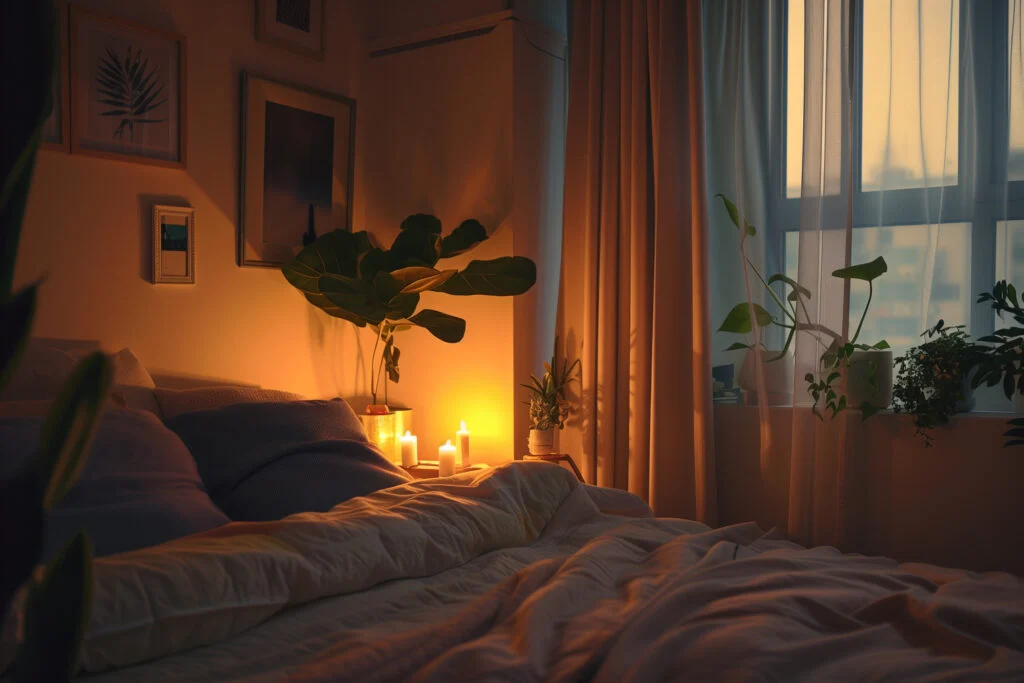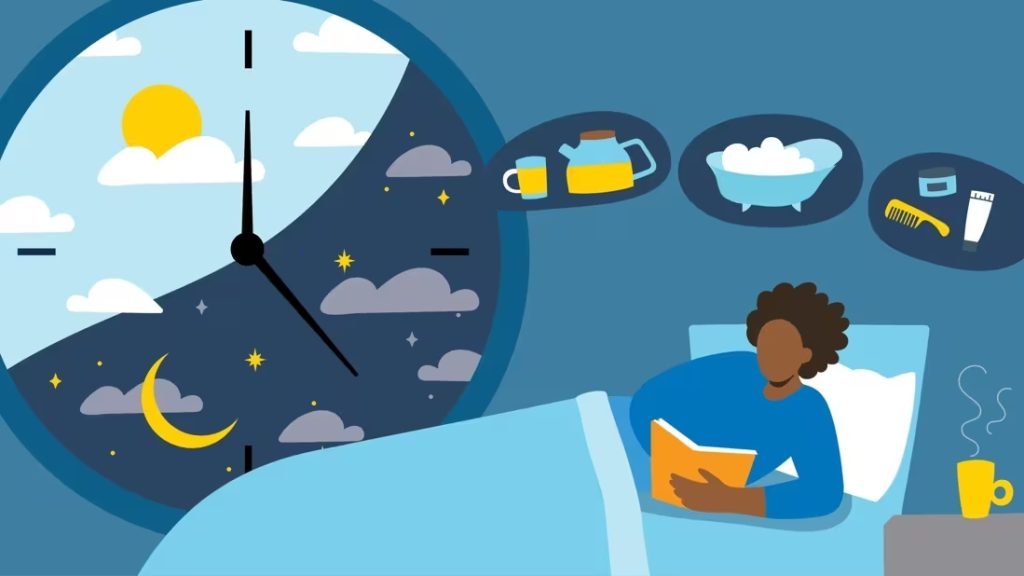Feeling like a zombie during the day and wide awake at night? I’ve been there. For a long time, my sleep schedule was all over the place, and it took a toll on everything from my mood to my productivity. Fixing your sleep schedule isn’t about finding a magical quick fix; it’s about gently guiding your body back to its natural rhythm. By making small, consistent changes, you can reclaim your nights and wake up feeling genuinely refreshed. This guide is all about the practical, real-life steps that helped me, and I’m confident they can help you too. The foundation of this journey lies in creating consistent routines, and you can explore more ideas with these good sleep hygiene tips.
Understanding Your Sleep Schedule and Circadian Rhythm
Before we dive into the “how,” let’s talk about the “why.” Think of your body as having a master clock, often called the circadian rhythm. This internal, 24-hour clock is located in your brain and regulates your sleep-wake cycle. It tells you when to feel sleepy and when to feel alert.

When you have a consistent sleep schedule, your clock works beautifully. It anticipates when you’ll go to bed and starts producing melatonin (the sleep hormone) to help you wind down. In the morning, it gets you ready to wake up. But when your bedtime and wake-up time are erratic—say, staying up until 2 a.m. on Friday and sleeping in until noon on Saturday—it’s like constantly giving your internal clock jet lag. This confusion is why you feel groggy and out of sync.
Benefits of a Consistent Sleep Schedule
Getting your sleep schedule on track is one of the best things you can do for your overall well-being. The benefits go far beyond just feeling less tired.
- Improved Sleep Quality: When your body knows when to expect sleep, you’ll likely fall asleep faster and experience deeper, more restorative rest.
- Increased Daytime Energy: A stable sleep cycle means more consistent energy throughout the day. No more hitting that 3 p.m. wall and desperately reaching for another coffee.
- Better Mood and Mental Health: Sleep deprivation is closely linked to irritability, anxiety, and stress. A regular schedule helps stabilize your mood and improve emotional resilience.
- Enhanced Physical Health: Consistent sleep supports a healthy immune system, helps regulate metabolism, and contributes to better heart health. It’s a true pillar of physical wellness.
Step-by-Step Guide to Fix Your Sleep Schedule
Ready to reset your internal clock? The key is patience and consistency. Don’t try to change everything overnight. Instead, focus on making gradual, sustainable adjustments.
Set a Fixed Wake-Up Time
This is the most important rule of all. Wake up at the same time every single day, including weekends. I know it’s tempting to sleep in on your days off, but that’s one of the fastest ways to throw your circadian rhythm off track.
If your current wake-up time is 10 a.m. and you want it to be 7 a.m., don’t make the jump all at once. Start by setting your alarm for 9:45 a.m. for a few days. Once you’re used to that, shift it to 9:30 a.m., and so on. This gradual approach makes the change much more manageable. The goal is to anchor your day, and your bedtime will naturally start to follow.

Establish a Relaxing Bedtime Routine
Your body needs time to wind down. You can’t expect to go from 100 to 0 in five minutes. An hour before you want to be asleep, start a relaxing routine to signal to your brain that it’s time for bed. This could include:
- Reading a physical book (not on a bright screen!)
- Doing some light stretching or yoga
- Taking a warm bath or shower
- Listening to calm music or a podcast
- Journaling to get your thoughts out of your head
If you’re looking for more targeted approaches, learning how to fall asleep fast with proven techniques can complement your bedtime routine. The key is to find what works for you and stick with it. It becomes a powerful cue for sleep. If stress is what’s keeping you up, exploring specific techniques for how to sleep when stressed can be a huge help.
Manage Light Exposure
Light is the single most powerful factor influencing your circadian rhythm.
In the morning: Get exposed to bright, natural light as soon as you can after waking up. Open the curtains, eat breakfast by a window, or go for a short walk outside. This morning light reinforces your wake-up time and boosts alertness. Pairing this with foods which give you energy at breakfast can amplify the wake-up signal to your body and help establish a strong morning routine.
In the evening: Minimize your exposure to bright light, especially blue light from phones, tablets, and computers. This type of light tricks your brain into thinking it’s still daytime, suppressing melatonin production. Try to put screens away at least an hour before bed. If you must use them, use a blue light filter or night mode. Considering the best color of light for sleep in your bedroom can also make a significant difference.
Avoid Naps and Control Meal Timing
When you’re trying to fix your schedule, it’s best to avoid naps if you can. Napping, especially late in the day, can decrease the “sleep pressure” that builds up and helps you feel tired at night. If you absolutely must nap, keep it short (20-30 minutes) and do it early in the afternoon.
What and when you eat also matters. Avoid heavy meals, excessive caffeine, or alcohol close to bedtime. A large meal can cause discomfort, while caffeine is a stimulant that can stay in your system for hours, making it hard to fall asleep. If you’re struggling with this, trying to figure out how to sleep early might involve adjusting your dinner schedule.
Introduce Physical Activity
Regular exercise is fantastic for sleep quality. It can help reduce the time it takes to fall asleep and increase the duration of deep sleep. Aim for at least 30 minutes of moderate activity most days of the week.
The timing is important, though. For most people, a morning or afternoon workout is ideal. Exercising too close to bedtime can be overly stimulating for some and may interfere with their ability to wind down.
Optimize Your Sleep Environment
Your bedroom should be a sanctuary for sleep. Create an environment that is cool, dark, and quiet.
- Dark: Use blackout curtains or an eye mask to block out all light. Even a small amount of light can disrupt sleep.
- Cool: The ideal temperature for sleep is typically between 60-67°F (15-19°C). A cooler room helps signal to your body that it’s time to rest.
- Quiet: If you live in a noisy area, consider using a white noise machine, a fan, or earplugs to mask disruptive sounds.

Helpful Supplements and Techniques
While lifestyle changes are the most effective long-term solution, some aids can help in the short term. Relaxation techniques like deep breathing, mindfulness meditation, or progressive muscle relaxation can calm a racing mind and make it easier to fall asleep.
Melatonin supplements can be useful for short-term resets, but they aren’t a long-term solution. It’s best to use them cautiously and after speaking with a doctor, as the dosage and timing are crucial. They help adjust your clock but don’t fix the underlying habits.
Conclusion
Fixing your sleep schedule is a journey of consistency, not perfection. There will be nights when it’s harder to stick to the plan, and that’s okay. The goal is to create a pattern that works for you most of the time. By setting a consistent wake-up time, creating a relaxing bedtime routine, and managing your environment, you are taking powerful steps toward better sleep and better health.
Be patient with yourself, listen to your body, and celebrate the small wins. For more insights on building a healthier lifestyle, feel free to explore more topics over at www.notonetype.org. Creating healthier sleep habits is one of the kindest things you can do for yourself.


Có thể bạn quan tâm
How to Go Back to Sleep After a Nightmare: 7 Proven Techniques That Work
Waking up in a cold sweat, heart pounding against your ribs, is a jarring way...
Nov
How to Go Back to Sleep: Simple Techniques That Actually Work
Waking up in the middle of the night and struggling to fall back asleep is...
Nov
How Long Should It Take to Fall Asleep? Understanding Normal Sleep Latency
If you’ve ever laid in bed wondering whether you’re taking too long to drift off—or...
Nov
6 Tricks to Fall Back to Sleep Fast When You Wake Up at Night
Waking up in the middle of the night can be frustrating, especially when your mind...
Nov
How to Sleep Fast in 2 Minutes: Military Method & Proven Tips
Struggling to fall asleep is something most of us have dealt with. You lie in...
Nov
How to Fall Asleep Fast: 12 Techniques That Work in Minutes
Tossing and turning at night is frustrating, especially when you’re exhausted but your mind won’t...
Nov